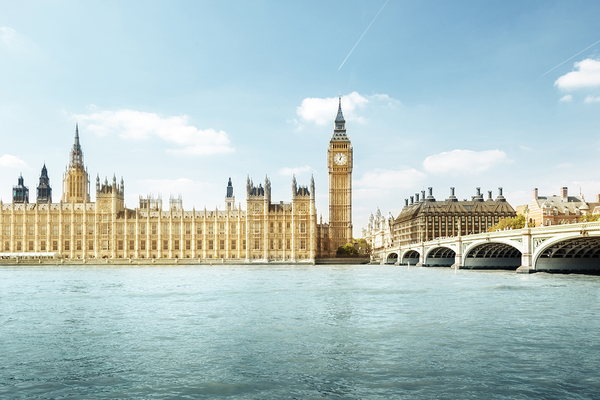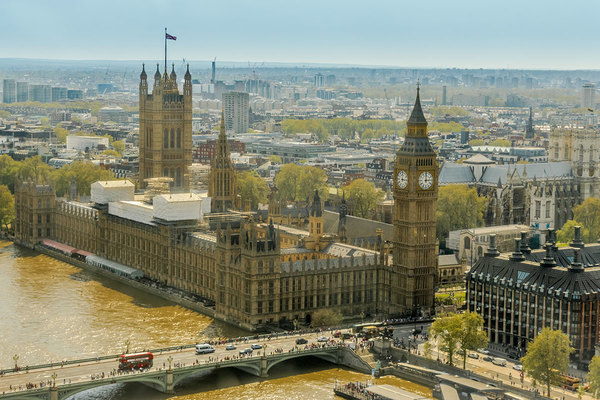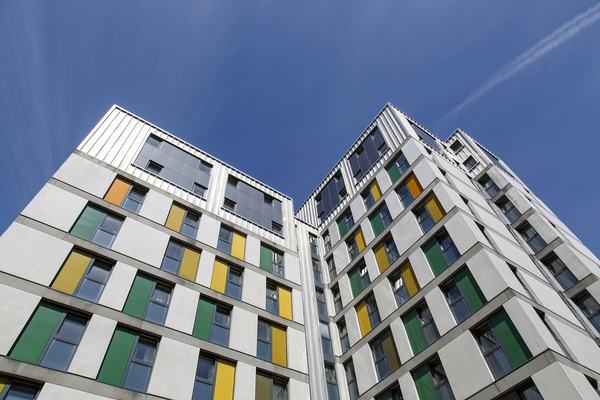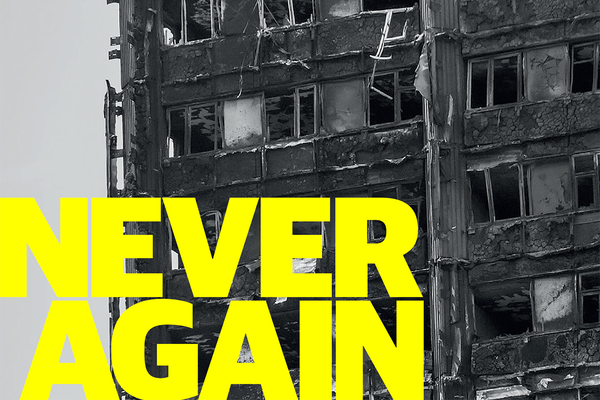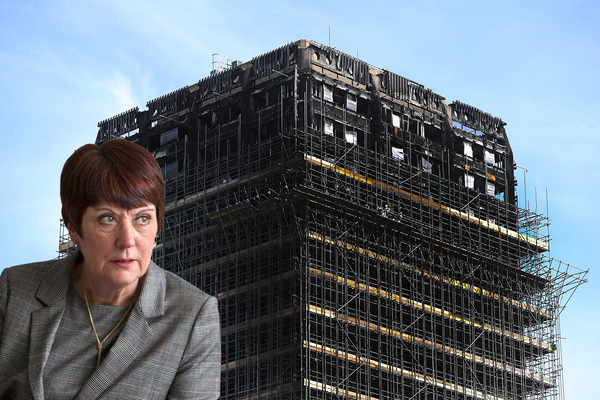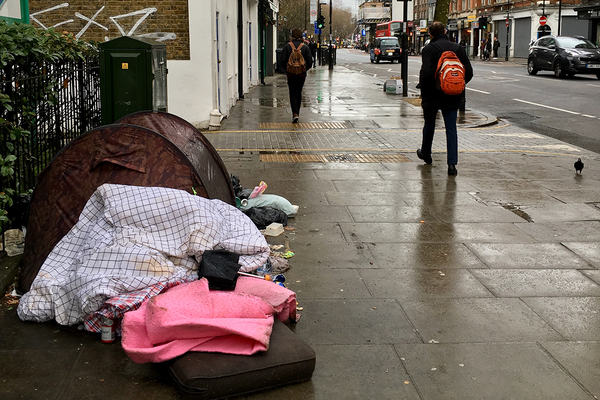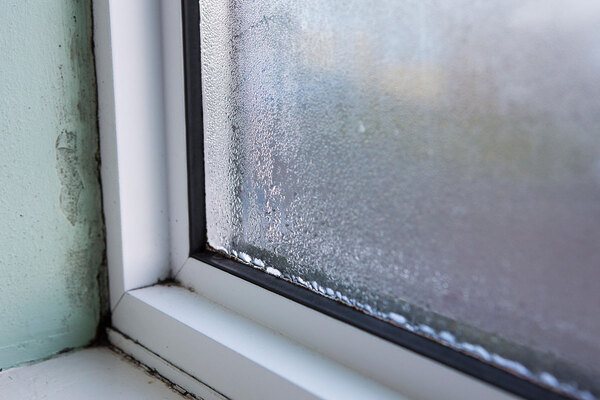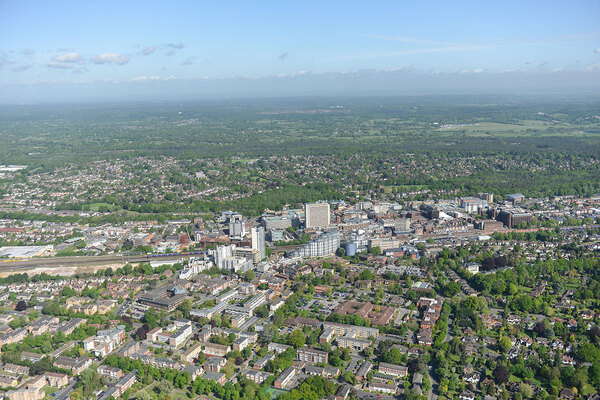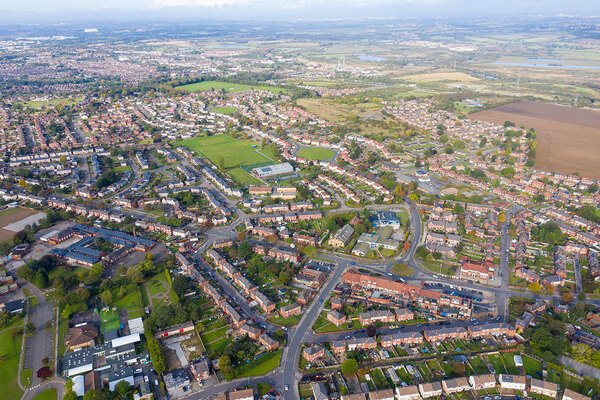You are viewing 1 of your 1 free articles
MPs recommend extending combustibles ban to existing buildings
The government’s proposed ban on combustible materials in cladding systems should be extended to cover existing buildings, a group of MPs has recommended.
A report from the Housing, Communities and Local Government Select Committee has concluded that the ban should apply retrospectively to existing buildings and those currently under construction, not just new ones.
Among other recommendations, it called for the retrospective installation of sprinklers in high-rise residential buildings, a key ask of Inside Housing’s Never Again campaign.
It added that the government should tackle the “clear conflict of interest” in the product testing system, as well as other conflicts of interest in the construction industry.
Officially, the report was a response to Dame Judith Hackitt’s post-Grenfell review of building regulations.
It welcomed Dame Judith’s proposal that the construction industry “should no longer be able to choose their own regulator”, referring to her plan for a stricter building control regime.
Clive Betts, chair of the committee, said: “The industry is riven with conflicts of interest at every turn, with manufacturers choosing the most lenient testing bodies for their products.
“It just cannot be right that builders get to choose who marks their homework and urgent action is needed to make sure this does not continue.”
The committee criticised Dame Judith, however, for failing to recommend a ban on combustible materials, something the government is now consulting on.
As well as its recommendation for extending this ban, it suggested that as well as using only non-combustible materials in cladding systems, all systems should be subject to large-scale testing.
The committee stopped short of banning so-called desktop studies, a controversial means of clearing materials for use without testing by extrapolating results from previous tests. It said, however, that they should be limited.
It also noted that Dame Judith had not suggested any changes to government guidance on fire safety, despite widespread expectation that she would. The committee has called on the government to publish updated guidance before the end of the year.
Since the Grenfell Tower fire, the interpretation of this guidance has been disputed. The government has claimed it bans combustible cladding, with many in the industry saying guidance has not previously been read in this way.
The report said: “We are unconvinced that Approved Document B bans the use of combustible materials as an external surface.”
It suggested an urgent revision to guidance to clarify this.
Never Again campaign
In the days following the Grenfell Tower fire on 14 June 2017, Inside Housing launched the Never Again campaign to call for immediate action to implement the learning from the Lakanal House fire, and a commitment to act – without delay – on learning from the Grenfell Tower tragedy as it becomes available.
One year on, we have extended the campaign asks in the light of information that has emerged since.
Here are our updated asks:
GOVERNMENT
- Act on the recommendations from Dame Judith Hackitt’s review of building regulations to tower blocks of 18m and higher. Commit to producing a timetable for implementation by autumn 2018, setting out how recommendations that don’t require legislative change can be taken forward without delay
- Follow through on commitments to fully ban combustible materials on high-rise buildings
- Unequivocally ban desktop studies
- Review recommendations and advice given to ministers after the Lakanal House fire and implement necessary changes
- Publish details of all tower blocks with dangerous cladding, insulation and/or external panels and commit to a timeline for remedial works. Provide necessary guidance to landlords to ensure that removal work can begin on all affected private and social residential blocks by the end of 2018. Complete quarterly follow-up checks to ensure that remedial work is completed to the required standard. Checks should not cease until all work is completed.
- Stand by the prime minister’s commitment to fully fund the removal of dangerous cladding
- Fund the retrofitting of sprinkler systems in all tower blocks across the UK (except where there are specific structural reasons not to do so)
- Explore options for requiring remedial works on affected private sector residential tower blocks
LOCAL GOVERNMENT
- Take immediate action to identify privately owned residential tower blocks so that cladding and external panels can be checked
LANDLORDS
- Publish details of the combinations of insulations and cladding materials for all high rise blocks
- Commit to ensuring that removal work begins on all blocks with dangerous materials by the end of 2018 upon receipt of guidance from government
- Publish current fire risk assessments for all high rise blocks (the Information Commissioner has required councils to publish and recommended that housing associations should do the same). Work with peers to share learning from assessments and improve and clarify the risk assessment model.
- Commit to renewing assessments annually and after major repair or cladding work is carried out. Ensure assessments consider the external features of blocks. Always use an appropriate, qualified expert to conduct assessments.
- Review and update evacuation policies and ‘stay put’ advice in the light of risk assessments, and communicate clearly to residents
- Adopt Dame Judith Hackitt’s recommended approach for listening to and addressing tenants’ concerns, with immediate effect
CURRENT SIGNATORIES:
- Chartered Institute of Housing
- G15
- National Federation of ALMOs
- National Housing Federation
- Placeshapers
More on the Hackitt Review
The Hackitt Review: key recommendations at-a-glance Inside Housing breaks down the key areas of the final report from Dame Judith Hackitt’s review of building regulations
Brokenshire: government will consult on banning combustible cladding The housing secretary announces a consultation despite the Hackitt Report findings
Dame Judith Hackitt: the interview Dame Judith Hackitt spoke to Inside Housing shortly after releasing her much-anticipated review of building regulations
Final Hackitt report calls for new regulatory body but does not ban combustibles Dame Judith Hackitt has called for a regulatory body to be set up to oversee the safety of buildings, but has stopped short of a prescriptive approach or the banning of dangerous cladding.
Grenfell survivors ‘saddened and disappointed’ by Hackitt report Reaction to Hackitt’s findings decision to ignore calls for a ban on combustible cladding
